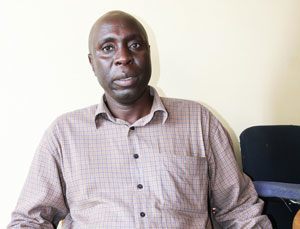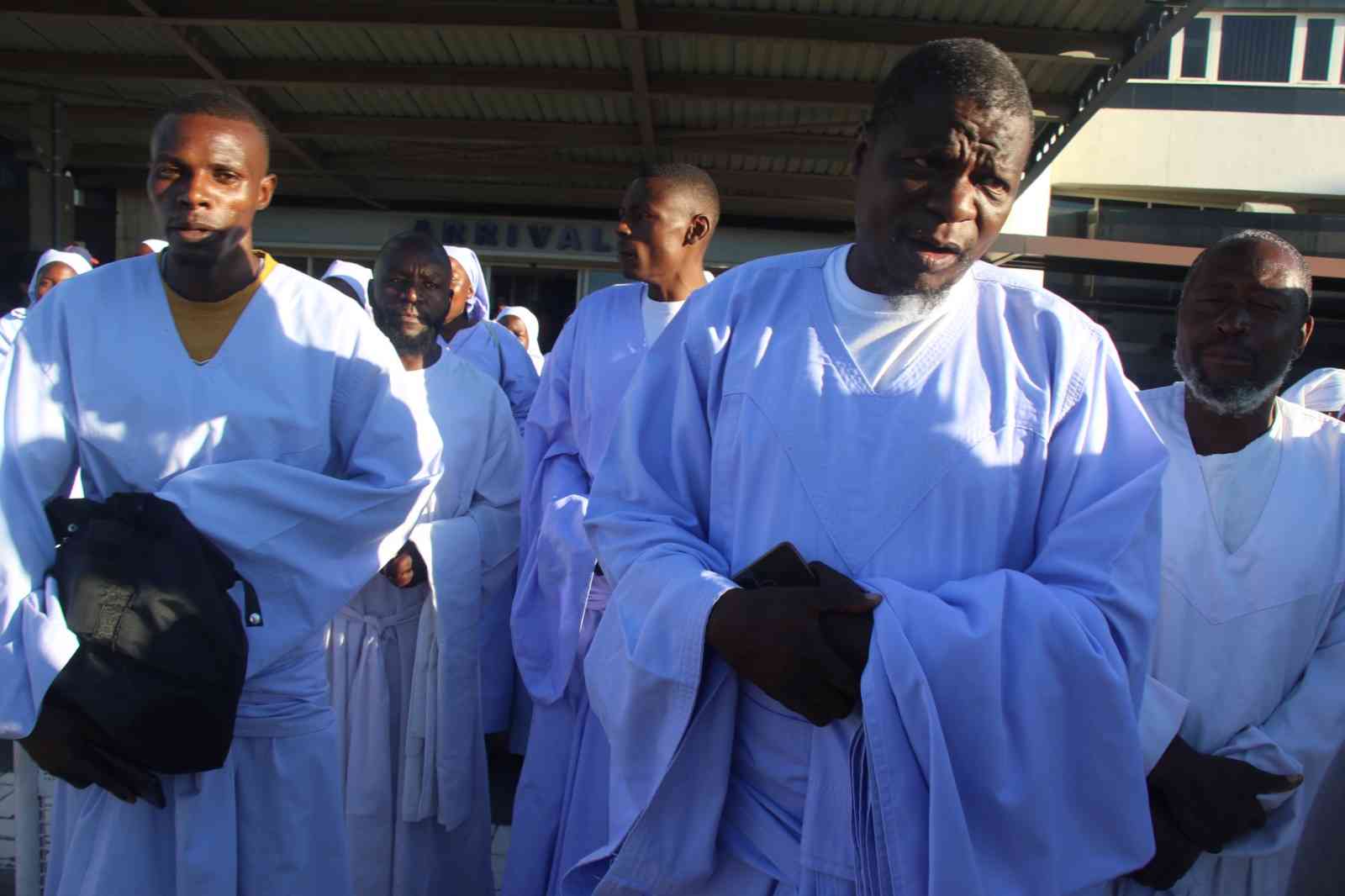
Collins Mukosi, a local filmmaker, has produced a docu-drama titled Mugabe and Black Empowerment. REPORT BY SILENCE CHARUMBIRA The film is about President Robert Mugabe’s land reform programme and the black empowerment drive.
The film captures some of the interesting incidents in the run up to the haphazard land redistribution process that left the country on its knees. Most beneficiaries of the exercise were not equipped, whether academically or materially, to service the farms that they now occupy.
The film shows the imbalances that were evident in the pre-land reform era. white farm owners are projected as imperial beings that reigned over the black majority. It manages to capture the chaos that was evident during the land invasions, lacking a systematic distribution.
Also interesting to note is the fear of change characterising the majority of the youths, resulting in them being the backward folks of the society while their peers prosper.
What is also striking is the embodiment of the faults made by Zimbabwean leaders for the past three decades, which have mainly been hinged on the failure to account for the various funds they were given.
The film also attacks the former British Prime Minister, Tony Blair’s termination of land compensation to Zimbabweans.
In 1997 the British government wrote to Zimbabwe saying they were “without links to former colonial interests” and no longer had “special responsibility to meet the cost of land purchases”.
The film presents both Blair and Mugabe at fault.
- Chamisa under fire over US$120K donation
- Mavhunga puts DeMbare into Chibuku quarterfinals
- Pension funds bet on Cabora Bassa oilfields
- Councils defy govt fire tender directive
Keep Reading
Mugabe is demonised for the unsystematic distribution of land, while Blair is castigated for his abrupt stoppage of payments to the Zimbabwe government. Film is balanced, objective: Mukosi Mukosi said he tried to be as balanced as possible in the film, while of course being equally objective.
“There is a lot that has happened for Zimbabwe to be where it is now. Blacks suffered while whites enjoyed, but we did not react in the proper manner and that threw our political relationships into disarray,” said Mukosi.
“On the other hand, we had the land reform that was not handled well, not because people wanted it to be so, but only because it had no precedence. There is no one else who has done this and practically, there is no formula to follow.”
He defended the government as having been put into a corner where they had to react.
The film however fails to address the terror unleashed on the electorate during the 2008 harmonised elections, when people were murdered in the period leading to elections. That alone leaves a lot of questions unanswered and taints the balance of the production.
Mukosi said they were expecting the production of a million copies of the film, which would be sold for a US$1 each.
“We are trying to make sure that we manage to off-set our costs and of course, we are trying to beat piracy by making the DVD affordable,” he said.
The cast of the movie includes Chinx Chingaira, Last Chiangwa aka Tambaoga, Last Mbizvo and Taurai Kawara and some upcoming television personalities. It is set in Mashonaland East province in Chief Svosve’s area where militants besiege Van Kloop farm.











